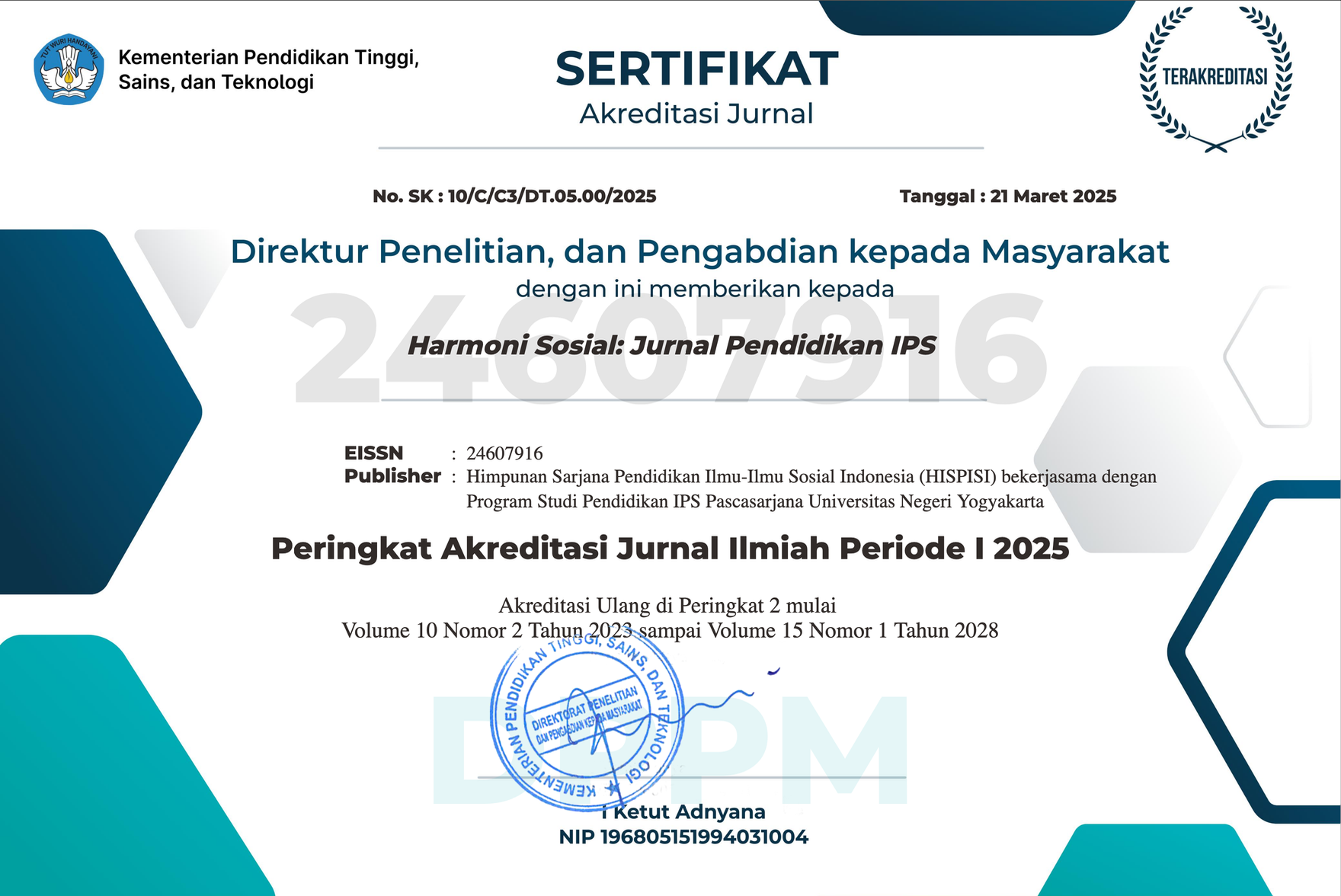The effect of housewives' education level on fish consumption expenditure in Indonesia
Animal food consumption, especially fish consumption in Indonesia, is relatively low. In general, it can be seen that the difference in consumption behavior with demand depends not only on prices and total expenditure but also on some household characteristics. This study aims to determine the influence of the education level of homemakers on fish consumption in Indonesia. The data used in this study are secondary data obtained from IFLS (Indonesian Family Life Survey) wave 4 of 2007 and wave 5 of 2014, as well as data from the Ministry of Marine Affairs and Fisheries using a panel data regression model. The primary independent variable in this study was the education level of homemakers, and independent variables were added, which included age, income, location of residence, marital status, and gender of the head of the household. The dependent variable in this study is fish consumption expenditure. The results of the study found that the education level of homemakers, based on the length of schooling, is at a significance level of 5 percent, which affects household fish consumption expenditure in Indonesia. Every increase in the education level of homemakers by one year can increase the average household fish consumption in Indonesia by 6.0 percent. Fish products are consumed more by urban communities than by rural communities. The paper contributes to the academic literature on household consumption behavior and its determinants. Focusing on the specific context of Indonesia and examining the role of housewives' education levels enriches our understanding of the complex interplay between education, gender, and dietary choices.
Downloads
The Authors submitting a manuscript do so on the understanding that if accepted for publication, copyright publishing of the article shall be assigned to Harmoni Sosial: Jurnal Pendidikan IPS
 | Harmoni Sosial: Jurnal Pendidikan IPS by http://journal.uny.ac.id/index.php/hsjpi is licensed under a Creative Commons Attribution-ShareAlike 4.0 International License. |









 ISSN Print
ISSN Print









